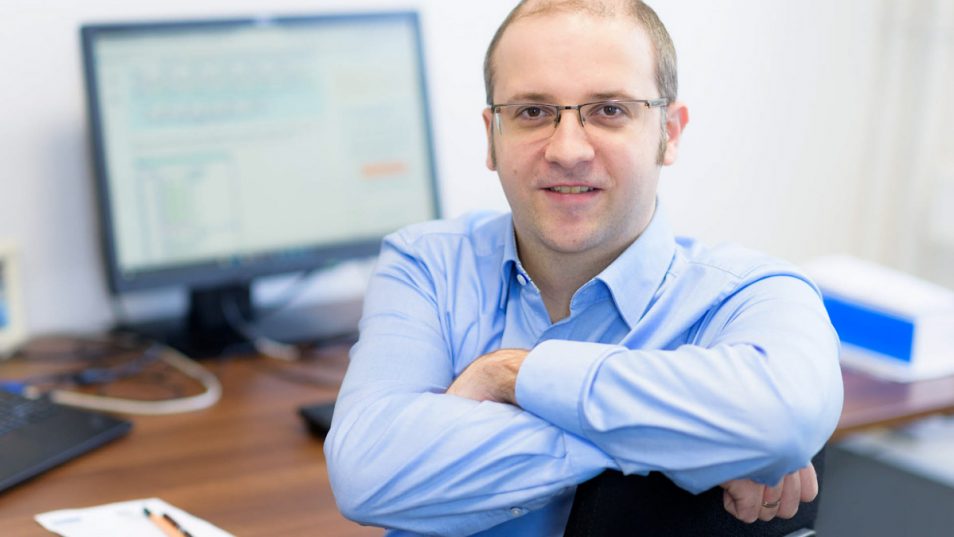Protection for digital contracts
 © UDE / Frank Preuss
© UDE / Frank Preuss
Anyone who uses digital contracts – also called smart contracts – should be careful about hacker attacks. Prof. Dr. Lucas Davi from University of Duisburg-Essen’s Institute of Software Technology paluno is developing a solution to find and fix security gaps in the contracts during programming and later in use. For this, he received a starting grant of 1.5 million euros from the European Research Council (ERCA).
Cryptocurrencies, which are used as a medium of exchange in the digital world, are based on smart contracts – i.e. such intelligent agreements in which the conditions of a digital contract can be integrated into a constantly expandable list (blockchain) and executed automatically. In the future, real estate transactions, licensing, the review of supply chains or the control of production processes will also be handled via smart contracts.
“Interest in smart contracts is also growing in hacker circles. The programs are permanently online, and once a vulnerability is discovered in the code; it can easily be exploited. For many companies, this has led to a loss of confidence in the technology,” says Professor Davi. Recently, there have been several cryptocurrency thefts because smart contracts had vulnerabilities that were not patched quickly enough.
With the 1.5 million of the ERC Grant, Professor Davi wants to implement a first holistic protection concept by 2027. “The software should detect programming errors as early as the development phase and correct them automatically. Cyber-attacks on smart contracts and ongoing transactions are to be detected by a new monitoring tool and warded off in good time before major damage occurs,” explains the security expert. To also assess the security of existing contracts and better understand the reasons for cyber-attacks, he and his team are also developing methods with which such criminal acts can be found.
With ERC Starting Grants, the European Research Council is funding the work of young scientists who conduct excellent research and are pursuing a promising study for five years. They have been awarded since 2007.
Further information:
Prof. Dr. Lucas Davi, Faculty of Economics
Editor: Birgit Kremer, paluno – The Ruhr Institute for Software Technology
Article in German: https://www.uni-due.de/2022-09-20-erc-starting-grant-lucas-davi
